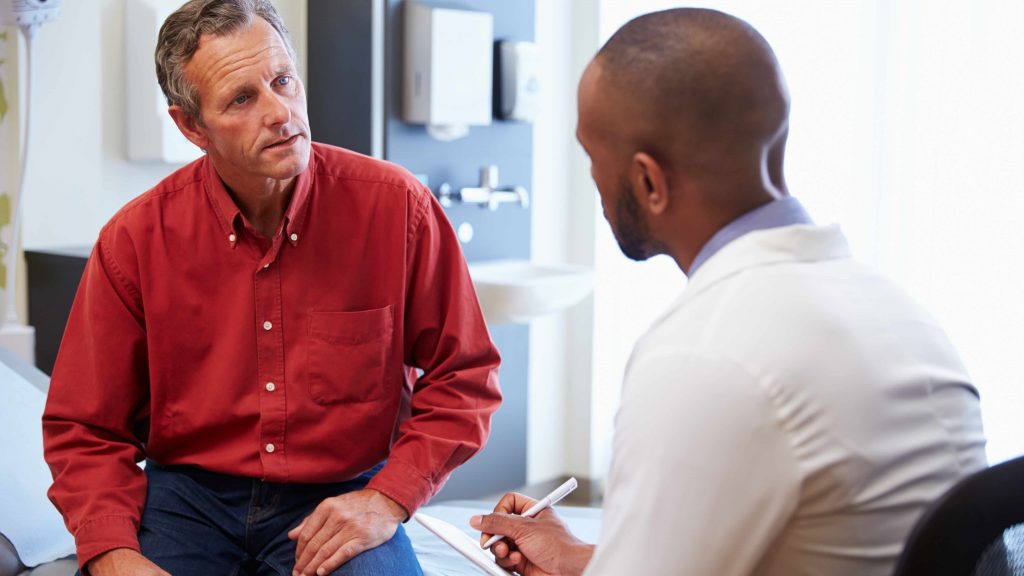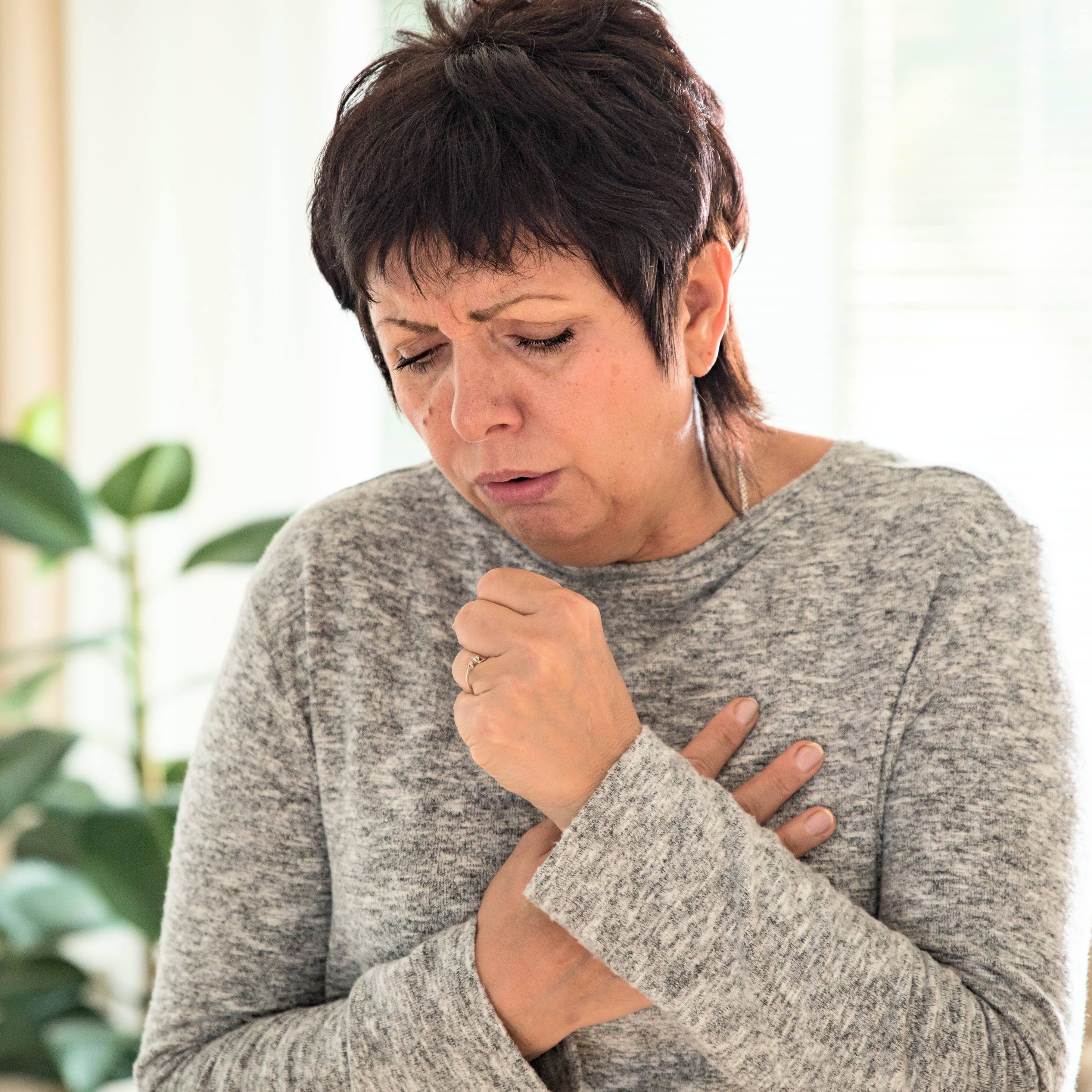-
Cancer
Men can get breast cancer

Celebrity musician Beyonce's father, Mathew Knowles, went public this week with news that he's battling breast cancer. He says he wants to encourage men to get tested for breast cancer.
Though breast cancer is most commonly thought of as a disease that affects women, it does occur in men. And while it is most common in older men, it can occur at any age.
Men diagnosed with male breast cancer at an early stage have a good chance for a cure. Treatment typically involves surgery to remove the breast tissue. Other treatments, such as chemotherapy and radiation therapy, may be recommended based on your particular situation.
Symptoms
Signs and symptoms of male breast cancer can include:
- A painless lump or thickening in your breast tissue
- Changes to the skin covering your breast, such as dimpling, puckering, redness or scaling
- Changes to your nipple, such as redness or scaling, or a nipple that begins to turn inward
- Discharge from your nipple
Make an appointment with your health care provider if you have any persistent signs or symptoms that worry you.
Where breast cancer begins in men
Everyone is born with a small amount of breast tissue. Breast tissue consists of milk-producing glands (lobules), ducts that carry milk to the nipples, and fat.
During puberty, women begin developing more breast tissue, and men do not. But because men are born with a small amount of breast tissue, they can develop breast cancer.
Types of breast cancer diagnosed in men include:
- Cancer that begins in the milk ducts (ductal carcinoma). Nearly all male breast cancer is ductal carcinoma.
- Cancer that begins in the milk-producing glands (lobular carcinoma). This type is rare in men because they have few lobules in their breast tissue.
- Other types of cancer. Other, rarer types of breast cancer that can occur in men include Paget's disease of the nipple and inflammatory breast cancer.
Inherited genes that increase breast cancer risk
Some men inherit abnormal (mutated) genes from their parents that increase the risk of breast cancer. Mutations in one of several genes, especially a gene called BRCA2, put you at greater risk of developing breast and prostate cancers.
If you have a strong family history of cancer, discuss this with your health care provider. He or she may recommend that you meet with a genetic counselor in order to consider genetic testing to see if you carry genes that increase your risk of cancer.
Risk factors
Factors that increase the risk of male breast cancer include:
- Older age. The risk of breast cancer increases as you age. Male breast cancer is most often diagnosed in men in their 60s.
- Exposure to estrogen. If you take estrogen-related drugs, such as those used for hormone therapy for prostate cancer, your risk of breast cancer is increased.
- Family history of breast cancer. If you have a close family member with breast cancer, you have a greater chance of developing the disease.
- Klinefelter's syndrome. This genetic syndrome occurs when boys are born with more than one copy of the X chromosome. Klinefelter's syndrome causes abnormal development of the testicles. As a result, men with this syndrome produce lower levels of certain male hormones (androgens) and more female hormones (estrogens).
- Liver disease. Certain conditions, such as cirrhosis of the liver, can reduce male hormones and increase female hormones, increasing your risk of breast cancer.
- Obesity. Obesity is associated with higher levels of estrogen in the body, which increases the risk of male breast cancer.
- Testicle disease or surgery. Having inflamed testicles (orchitis) or surgery to remove a testicle (orchiectomy) can increase your risk of male breast cancer.
This article is written by Mayo Clinic Staff. Find more health and medical information on mayoclinic.org.







